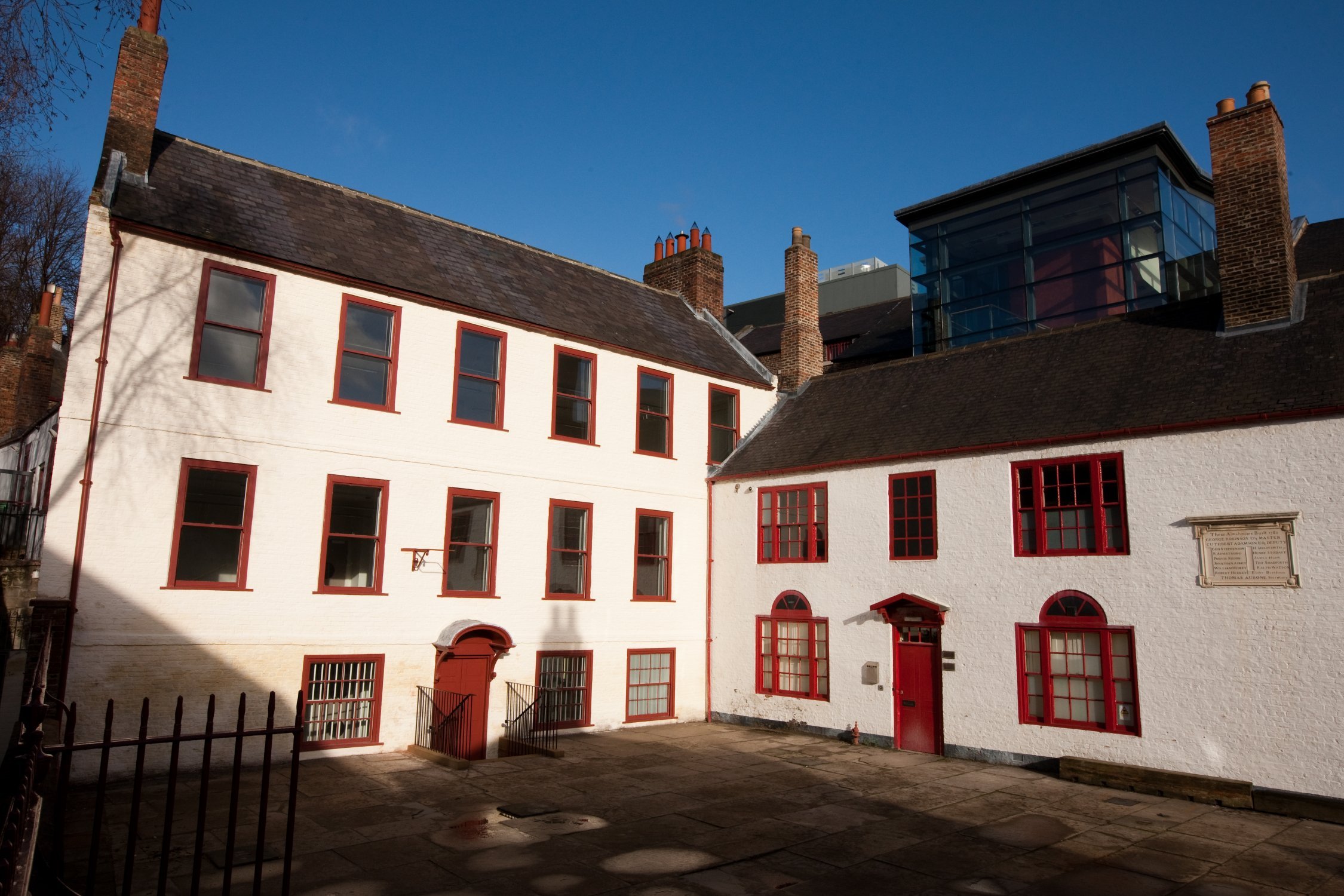
Creative and commercial
Jim Beirne describes how Newcastle’s Live Theatre has created a portfolio of creative enterprises to support the theatre's core new writing and education work.
Live Theatre, located on Newcastle’s Quayside, is one of the UK’s leading new writing theatres. When we were developing our new theatre complex in 2006, we realised that additional unrestricted funds would not come from our stakeholders, fundraising or our box office. We examined our assets which were our people, our ideas and our buildings. At the same time we learnt more about social enterprises and began to introduce that process into our thinking. By the end of 2006 we drew up a list of ideas:
- A potential catering partnership
- The purchase and development of the attached Schoolhouse building
- A (very long-term) commercial property endowment
- A digital project using our intellectual property.
Our new building opened in 2007 and since then we have developed each of these ideas into tangible projects.
The Schoolhouse has become an asset on our balance sheet, creating an annual income of £30,000 to £40,000
Opened in May 2011, our gastro pub The Broad Chare, located next door, is a joint venture with restaurateur Terry Laybourne’s 21 Hospitality Group. The pub invests a proportion of its turnover, between £90,000 and £120,000 annually, back into Live Theatre, which effectively pays for one production a year. The capital cost was £410,000, financed through some of our Arts Council England (ACE) Sustain grant and social finance loans from the Esmée Fairbairn Foundation and CAF Venturesome.
We purchased the beautiful eighteenth-century historic building located behind the theatre (pictured), known as The Schoolhouse, in 2013 and created three floors of newly refurbished office space which we let to other creative businesses. The Schoolhouse has become an asset on our balance sheet, creating an annual income of £30,000 to £40,000, which is invested back into our creative and education work. The cost of its redevelopment was £950,000, funded through North East European Regional Development Fund and ACE’s Renew programme.
In February this year we bought the land and buildings adjacent to the theatre on the last undeveloped prime Newcastle Quayside plot. On this site we are developing LiveWorks, a £10 million capital scheme creating a new landmark building with approximately 1,500 square metres of highly desirable premium office space to let, which will also provide us new commercial opportunities and visibility on the busy Quayside thoroughfare. We will create a new pocket park at the centre of the site with public pedestrian access from the Quayside and a performance space managed and programmed by us. We will create a children and young people’s creative writing centre in an eighteenth-century almshouse, based on Dave Egger’s 826 projects in the USA, but using the theatre and drama education practice that already exists at Live Theatre. The purchase and development of the site was supported by a prudential loan of £6 million from Newcastle City Council and a £1.73 million grant from the North East European Regional Development Fund 2007−2013, with the balance from fundraising.
Once complete, LiveWorks will create new revenue streams of about £300,000 for our core creative and educational work, building resilience for the future, creating assets and transforming this part of the city.
Our online training course, www.beaplaywright.com was launched in 2010 offering a step-by-step guide for aspiring writers, with advice from leading playwrights associated including Lee Hall (Cooking With Elvis, The Pitmen Painters) and Shelagh Stephenson (A Northern Odyssey). We currently have over 100 students from around the world progressing through the course. The course also develops our digital skills, creates an audience for us around the globe, and of course we always hope to find that elusive new talent…
As a result, Live Theatre is seen as a leading innovator in developing new strategies for increasing income and assets for charity. Peter Bazalgette, chair of ACE, described our creative enterprises an example of “intelligent capital spending”, creating additional commercial income streams, enabling us to grow and sustain our work, thereby providing a cultural, social and financial return to our city.
Jim Beirne is Chief Executive of Live Theatre.
www.live.org.uk/creativeenterprises
Join the Discussion
You must be logged in to post a comment.